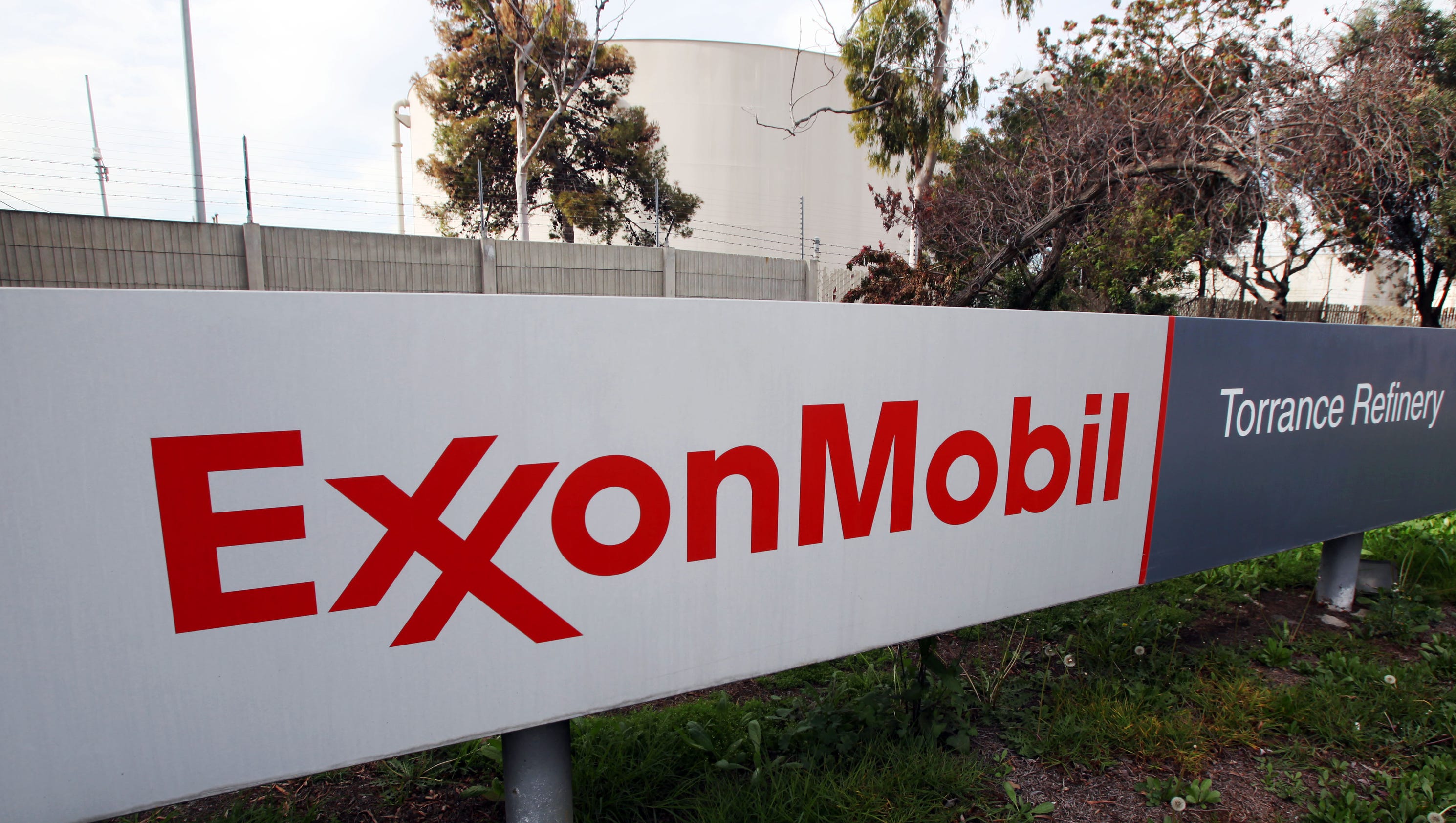 |
Cheap oil smudges Exxon's long-held sterling credit rating
Exxon Mobil Corp lost its top-tier credit rating from Standard & Poor's on Tuesday for the first time in almost 70 years, as slumping crude prices crimp the oil giant's ability to fund projects and return big amounts of cash to shareholders.
S&P, a unit of McGraw Hill Financial Inc, cut Exxon's rating to "AA+" from "AAA," a one-notch demotion that leaves drugmaker Johnson & Johnson and Microsoft Corp as the only U.S. companies with the coveted, sterling rating that dozens of U.S. corporations enjoyed in the 1980s.
Though the downgrade was a symbolic blow for a company that prides itself on strength and discipline, the new S&P rating for Exxon is still as high as its ratings for the U.S. government bonds, widely seen as among the world's safest investments. Only two other U.S. companies, General Electric Co. and Apple Inc., have S&P's "AA+" rating.
Shares of Exxon, which is slated to post quarterly results on Friday, shrugged off the news, rising 0.34 percent to close at $87.63.
Exxon and other energy companies have been under pressure to return money to shareholders. It spent $210 billion on share repurchases over the last decade, and during the fourth quarter, paid out $3.6 billion in dividends and share repurchases, more than it earned.
Oil prices jump on weak dollar, strong investor appetite
Crude oil futures rose half a dollar in early Asian trading on Wednesday and remained near 2016 highs on the back of strong investor sentiment and a weak dollar, although analysts warned this month’s bull-run could soon run out of steam. International Brent crude futures were trading at $46.26 per barrel at 0023 GMT, up 52 cents, or 1.1 percent, from their last settlement. U.S. West Texas Intermediate (WTI) crude was also up 52 cents, or 1.2 percent, at $44.56 a barrel. WTI was further lifted after the American Petroleum Institute (API) reported a drawdown of nearly 1.1 million barrels in U.S. crude inventories last week versus a 2.4 million-barrel build expected by analysts in a Reuters poll. Both Brent and WTI were near 2016 highs of $46.49 and $44.83, respectively reached the previous session. Beyond […]
Chesapeake Has Bought Itself Time But Can It Survive?
The last year has been a bumpy one for Chesapeake Energy. When natural gas prices collapsed several years ago, many firms across the industry moved towards liquids as a panacea. The same group of execs that tanked the natural gas markets in the U.S. through over production went on to overproduce in shale, resulting in the current morass. It is little wonder then that firms like Chesapeake have had little refuge from the chaos in recent quarters. CHK reported a $2.2 billion loss in its most recent quarter, reflecting the market carnage. After a collapse of 90 percent in the 12 months ending in February, the stock bottomed at $1.50 a share. Since that time, CHK has rallied more than 400 percent, closing close to $7.00 a share by late April. While the company has been humbled, the stock still sports a market capitalization of more than $4 billion. […]
Gov. Cuomo Rejects the Constitution Pipeline, Huge Win for the Anti-Fracking Movement
In a win for climate activists and the anti-fracking movement , and a blow to fossil fuel polluters and the federal regulatory agencies that enable them, the New York State Department of Environmental Conservation (DEC) denied a key permit to companies seeking to build a 124-mile fracked gas pipeline. The Constitution Pipeline Project —a joint venture between four oil and gas companies—was proposed to transport fracked natural gas from Susquehanna County in Pennsylvania through Broome, Chenango, Delaware and Schoharie counties in New York to existing interstate pipelines. The pipeline route would have crossed hundreds of streams and wetlands, including those supplying drinking water to families along the proposed route. Using the power granted under the Clean Water Act, DEC officials rejected the companies’ permit application, citing damage the project would do to water supplies along the pipeline route. “Today is an incredible Earth Day! Thank you again to Governor […]
BP eyes more spending cuts after 80 percent profit drop

BP said on Tuesday it could cut capital spending further after reporting an 80 percent drop in profits in the first quarter of the year, when oil prices touched a near 13-year low. The British oil company, the first major to report on one of the weakest quarters, lowered its 2016 spending target to $17 billion, from $17-19 billion, and said the marker could fall to $15-$17 billion next year if oil prices remain weak. These cost reductions have enabled the oil producer to forecast it can balance its books at an oil price of $50-55 a barrel in 2017, it said, down from $60 previously eyed. BP shares opened 3 percent higher on the London Stock Exchange on Tuesday, the second-biggest gainer in the blue-chip FTSE 100 index. Chief Executive Bob Dudley said he […]
